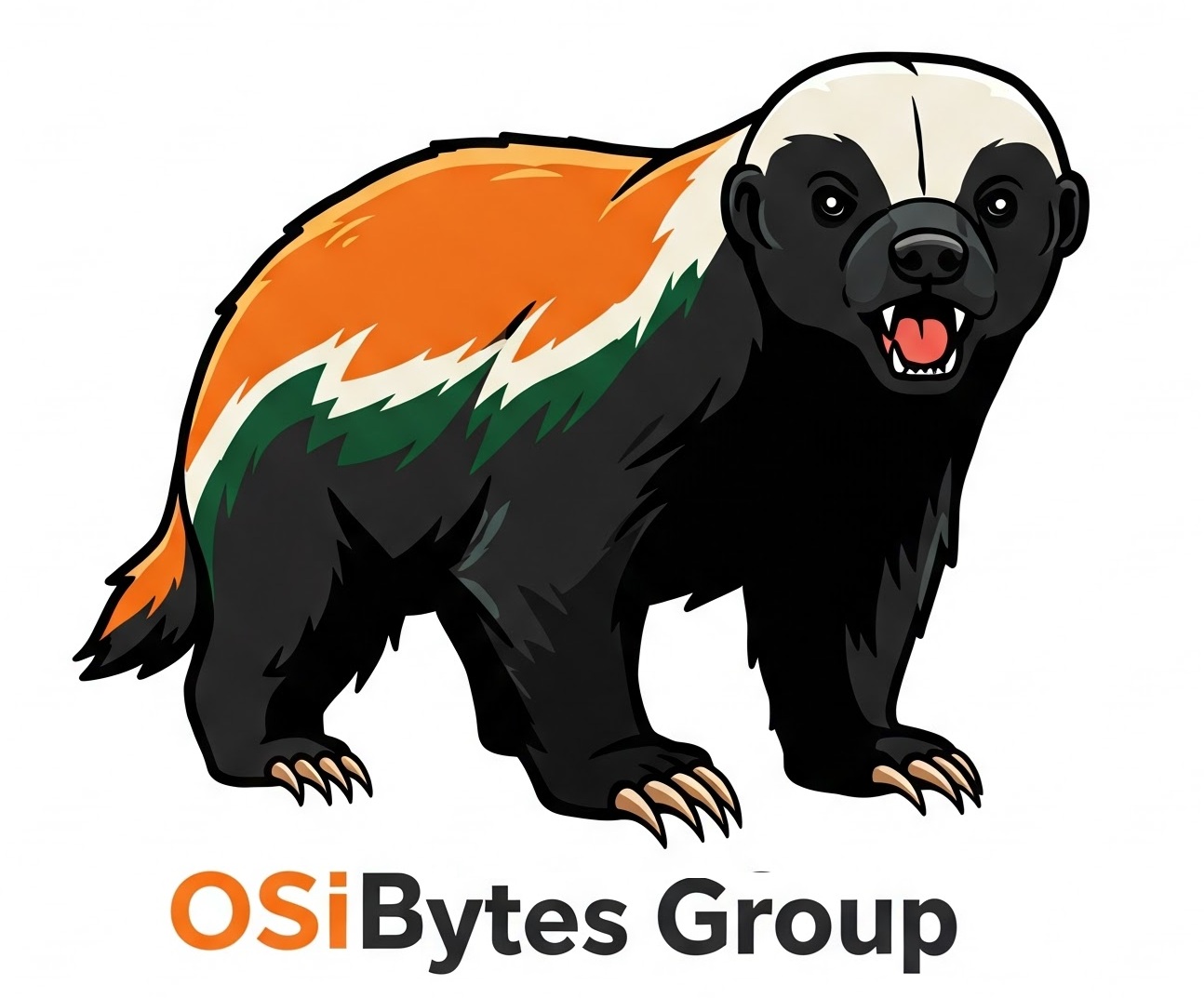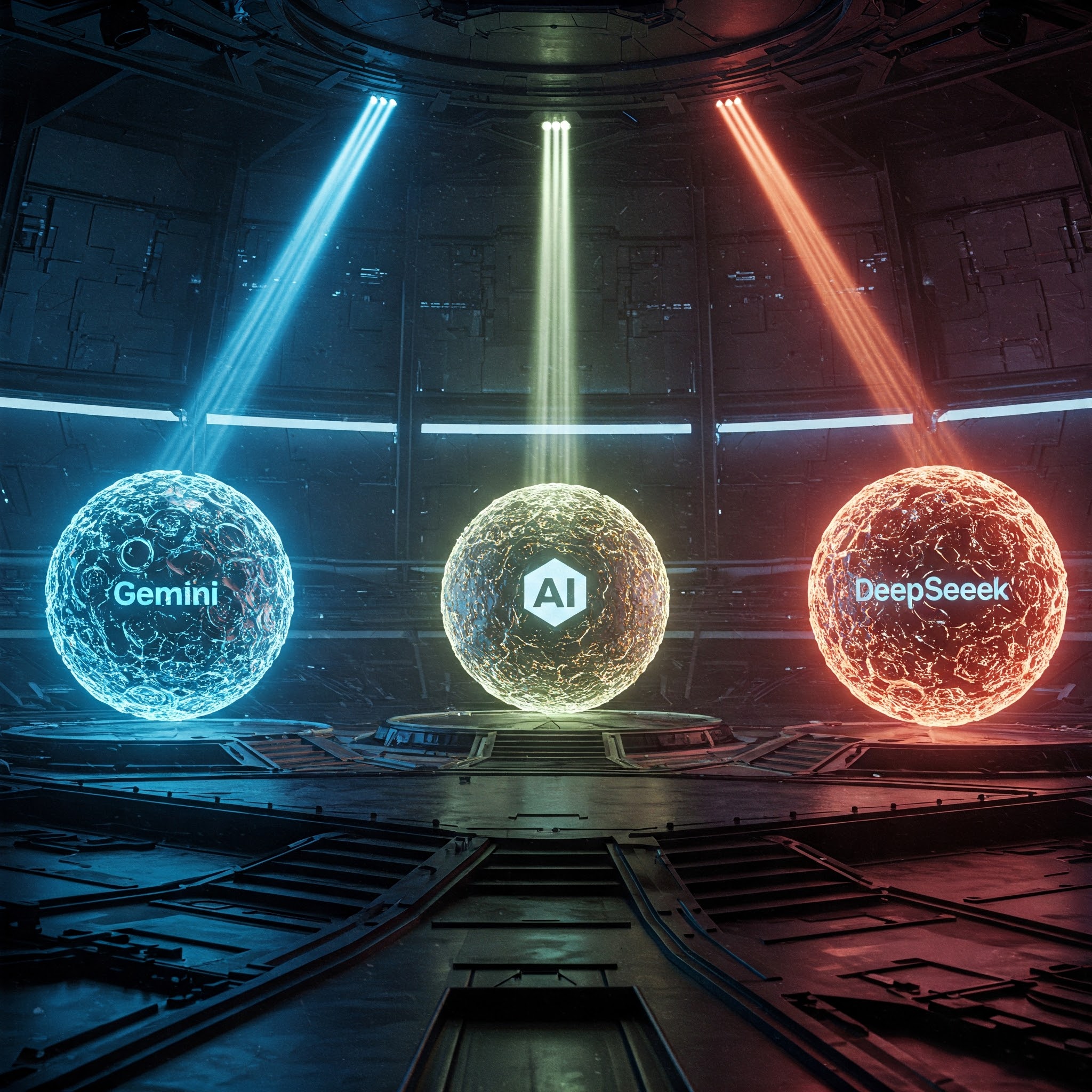


A new player has entered the AI arena, and it's causing quite a stir. DeepSeek, an open-source AI platform developed in China, is being touted as a potential game-changer, promising increased accessibility and democratization of AI technology. However, while the allure of open-source collaboration and innovation is strong, a cautious approach is warranted. DeepSeek is still in its early stages, and questions remain about its long-term viability, security, and overall trustworthiness.
The open nature of DeepSeek, while fostering innovation, also raises concerns about potential vulnerabilities. Could the code be susceptible to malicious attacks or political manipulation? Could it be used for unintended purposes, such as spying or spreading misinformation? These are critical questions that need careful consideration. While competition in the AI landscape is generally a good thing, it's essential to balance enthusiasm with a healthy dose of skepticism. Consistency, reliability, and quality are paramount when it comes to AI, especially in sensitive applications like healthcare, scientific research, and autonomous systems.
Before we fully embrace DeepSeek and its potential, it's crucial to thoroughly examine its security infrastructure, assess its long-term viability, and address any potential risks associated with its open-source nature. While the prospect of a more accessible and collaborative AI landscape is exciting, we must proceed with caution and ensure that security and trustworthiness are not compromised in the pursuit of innovation.
Imagine AI helping doctors diagnose diseases, aiding scientists in exploring the mysteries of outer space, or even guiding self-driving cars through busy city streets. In these scenarios, AI needs to be incredibly accurate, like getting an A+ on every test! If it makes mistakes, the consequences can range from inconvenient to downright dangerous.
Creating AI that is both fast and smart is like trying to bake a delicious cake in just 5 minutes! It's a challenging task that requires careful consideration of various factors. DeepSeek, like other AI platforms, uses something called "bit-width" to handle information. Think of it like using different sizes of measuring cups when you're baking.
Now, you might be familiar with AI like Gemini, or ChatGPT designed to chat, answer questions, and generate text. They use sophisticated language models to understand and respond to your requests, but they don't need the same level of computational power as AI that creates images and videos.
Think about Runway ML's video generation tools. These tools can create realistic videos from scratch, but they need a ton of processing power to do this! This is where things get even trickier. Making AI both fast and smart, especially when dealing with complex images and videos, requires a delicate balancing act.
Running AI with high accuracy, especially for tasks like video generation or complex scientific simulations, requires powerful computers, and those are expensive! Think of it like needing a giant, high-tech oven to bake a massive, elaborate cake. Not everyone has access to that kind of equipment. That's why finding the right balance between speed, accuracy, and cost is so important. We need to make AI that is not only powerful but also accessible to researchers, developers, and even hobbyists who might not have unlimited budgets.
DeepSeek's success depends on everyone working together. By sharing ideas, testing things out, and finding clever solutions, we can make sure DeepSeek is not only fast and smart but also accessible to everyone! It's like a big science project where everyone can contribute to making AI better for the whole world.
While I like the idea of DeepSeek and its potential for democratizing AI, I think I would most probably stick to ChatGPT and Gemini for now. They are tried and tested, and based on my understanding of bit rate input and output scenarios, they are able to provide more accurate outputs for my current needs. However, I'll be keeping a close eye on DeepSeek's development. It's an exciting project, and with the collaborative efforts of the open-source community, it could become a powerful force in the AI landscape.
It's an exciting time in the world of AI, with new developments and innovations emerging constantly. It will be interesting to see how DeepSeek evolves and how it compares to established players in the long run. Perhaps, in the future, with continued development and refinement by its community, DeepSeek could become a strong contender in terms of both speed and accuracy.